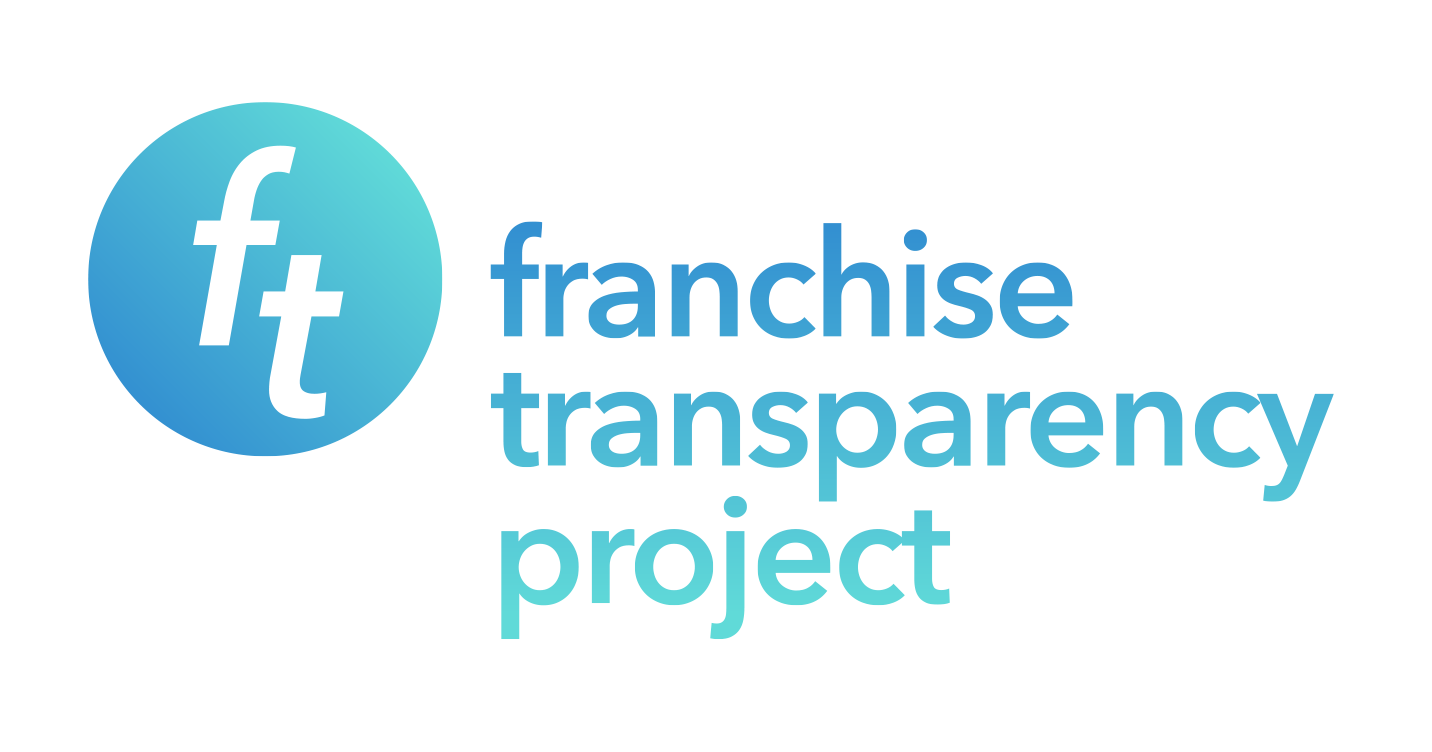Missing fundamental, internal or external factors

Franchise Evaluator™: Musicologie
Why we love this concept: Musicologie presents an appealing opportunity for entrepreneurs passionate about music education. Its structured operational system, membership-based revenue model, and strong brand identity offer potential advantages in a competitive industry.
Investment Range: $192,000 – $372,000
Book a Call
How to get the most out of this assessment

Franchise Evaluator Score
More investigation is needed
Worth exploring further with caution
Add to consideration set
Sound opportunity and likely a great fit
At a Glance
Corporate Address
Musicologie
1400 W. Third Avenue
Columbus, OH, 43212
Year Founded: 2014
Year started Franchising: 2024
Business Description:
Musicologie is a franchise offering music education studios that provide private music lessons, group lessons, and specialized programs in a community-focused environment. Founded with a mission to make high-quality music education accessible and enjoyable, Musicologie emphasizes student engagement, instructor excellence, and a standardized learning experience. Franchisees operate under a structured system that includes a proprietary software platform, curriculum guidance, and a membership-based revenue model.

MARKET Factors
Market Size
-
Factor Definition
What population does the brand serve? Is the market broad, niche, or somewhere in-between?
-
Our Assessment
The market for music education is sizable, with demand driven by children, adults, and retirees interested in learning an instrument or developing their musical skills. While traditional music lessons remain a core part of the industry, the expansion of group learning, online lessons, and specialized programs has created new growth opportunities. Musicologie’s business model aligns with these trends, offering both in-person and online lessons to cater to a diverse customer base.
-
Factor Summary
We categorize the market size as a large market.
Small to Large Market Size
Industry Trend
-
Factor Definition
Is the overall industry growing, that is creating new customers who have never used these services before, or mature where most population segments are already using these types of products and services?
-
Our Assessment
The music education industry is evolving with technological advancements, changing consumer preferences, and shifts in public school funding for the arts. Digital learning tools, virtual lessons, and interactive music programs are becoming more prevalent. Additionally, there is growing interest in social and group-based learning experiences, which Musicologie accommodates through its multi-student programs and community engagement initiatives.
-
Factor Summary
We categorize the Industry Trend as a high growth trend.
Low to High Growth Trend
Product and Service Drivers
-
Factor Definition
What drives the purchase of the product or service? Is it a “need-to-buy” or a “want-to-buy”? How are customers drawn to your business?
-
Our Assessment
Musicologie differentiates itself through structured lesson plans, a proprietary certification program for instructors, and a curriculum designed to enhance student retention. The inclusion of group classes, performance opportunities, and community-building events enhances the value proposition. The focus on both student and instructor satisfaction contributes to long-term customer engagement.
-
Factor Summary
We categorize the product and service drivers as high drivers.
Low to High Drivers
Competitive Climate
-
Factor Definition
Are competitors a major factor in operating your business? If so, is competition sparse or saturated? Will it matter to your business?
-
Our Assessment
The music education market is highly fragmented, consisting of independent instructors, local music schools, and national franchises. Musicologie competes with national chains, individual tutors, and online platforms. The franchise model provides operational consistency and brand recognition, giving it an advantage over smaller, independently owned music studios.
-
Factor Summary
We categorize the competitive climate as low to mid competitive pressure.
Low to High Competition
Regulatory Climate
-
Factor Definition
Are the business’s products or services regulated, or do they require licensing? Will you or your employees require special licensing? If so, is the regulatory climate strict or lax? Will this affect recruiting employees?
-
Our Assessment
Franchisees must comply with various federal, state, and local regulations, including labor laws, consumer protection laws, and educational licensing requirements. Musicologie requires adherence to industry-specific regulations such as the Americans with Disabilities Act (ADA), digital copyright laws, and payment processing regulations.
-
Factor Summary
We categorize the regulatory climate as low regulation.
Low to High Regulation
MODEL Factors
Revenue Model
-
Factor Definition
This is one of the most important factors of all. To understand it you have to look beyond what the business physically does, the services performed or products sold and ask how does the franchise make money? Where does the revenue come from? How is it generated? Are financial performance representations made? Coupled with External Factors 1, 2 and 5 - Market Size, Industry Trend and Competitive Climate and the next Internal Factor 2, Franchisee Role - the true nature of the franchise starts to take shape.
-
Our Assessment
Musicologie operates primarily on a membership model, offering monthly subscriptions that include weekly lessons. Additional revenue streams include one-time lesson fees, group class enrollments, and branded merchandise sales. The franchise structure ensures revenue consistency through recurring payments and standardized pricing.
-
Factor Summary
We categorize the Operational Model as Simple.
Simple to Complex Model
Operational Systems
-
Factor Definition
How developed are the systems on which you will rely to operate your business?
-
Our Assessment
Franchisees follow a structured operational system that includes proprietary scheduling and management software, standardized lesson plans, and comprehensive instructor training. Musicologie mandates specific equipment and technology requirements to ensure consistency across all franchise locations.
-
Factor Summary
We categorize the Operational Systems as Comprehensive
Basic to Comprehensive
Brand Management
-
Factor Definition
In this highly diffuse world, creating, managing and projecting a Brand is essential for the health and vitality of a franchise system. How well does the Franchisor manage this? How well positioned is the brand among competitors? Is it differentiated enough? How well would potential customers recognize the brand? How is it projected into new markets? What is your role and obligations in this process? How is the Brand’s digital footprint managed?
-
Our Assessment
Musicologie maintains strict brand standards regarding studio design, marketing materials, and service delivery. Franchisees must adhere to a uniform color scheme, logo usage, and promotional guidelines to maintain brand consistency. The franchise also oversees marketing initiatives and provides advertising materials to franchisees.
-
Factor Summary
We categorize the Brand Management as High Engagement
Low to High Engagement
Franchisee Role
-
Factor Definition
What role is the franchisee expected to play in starting, ramping and the ongoing operation of the business?
-
Our Assessment
Franchisees are responsible for managing daily studio operations, hiring and training instructors, implementing Musicologie’s curriculum, and ensuring high customer satisfaction. While Musicologie provides guidelines and support, franchisees must be actively involved in local marketing efforts and student recruitment.
-
Factor Summary
We categorize the Franchisee Role as Business Manager.
Service Executor to Business Manager Role
Real Estate Needs
-
Factor Definition
What type of location, if any, is needed to deliver the product or service? If real estate is needed, are the requirements flexible or stringent? Is real estate essential to the product or brand experience or required for services to be performed onsite?
-
Our Assessment
Musicologie studios typically range from 1,200 to 2,400 square feet and are located in commercial or residential areas, depending on market demographics. Franchisees must secure a lease and comply with studio layout and design standards. The franchisor provides location recommendations but does not directly negotiate leases on behalf of franchisees.
-
Factor Summary
We categorize the real Estate Needs as Basic.
Basic to Essential Needs
ORGANIZATION Factors
Franchising Experience
-
Factor Definition
How experienced is the franchisor at being a franchisor?
-
Our Assessment
Musicologie began offering franchises in 2023, making it a relatively new player in the franchise sector. The leadership team, however, has experience in operating corporate-owned studios and has developed a structured system to guide franchisees through setup and operations.
-
Factor Summary
We categorize the Franchising Experience as Extensive.
Limited to Extensive
Franchise Leadership
-
Factor Definition
What is the tenure, background, and commitment of the franchise’s leadership?
-
Our Assessment
Musicologie’s leadership team includes founders with experience in music education and business operations. The team provides strategic direction, operational support, and training programs to ensure franchisee success.
-
Factor Summary
We categorize the Franchising Leaders as Highly Experienced.
Limited to Highly Experience
Franchisee Engagement
-
Factor Definition
How often and how well does the franchisor engage franchisees? What assistance is provided in starting and operating your business.
-
Our Assessment
Franchisees are expected to actively participate in Musicologie’s network through training programs, performance tracking, and adherence to operational standards. Ongoing support includes marketing assistance, software updates, and community-building initiatives to enhance student retention.
-
Factor Summary
We categorize the Franchisee Engagement as Highly Engaged.
Low to Highly Engaged
Financial Health
-
Factor Definition
In what kind of financial shape is the franchisor?
-
Our Assessment
As a newer franchise, Musicologie’s financial health is still developing. The franchise fee structure, membership model, and revenue-sharing agreements provide a stable foundation for growth. However, prospective franchisees should review financial disclosures and assess long-term sustainability before committing.
-
Factor Summary
We categorize the Financial Health as Sound.
Weak to Sound Financial Health
Summary
Questions
If you have any questions about this evaluation, or want this concept evaluated based on the specifics in your market please contact us at [email protected]

